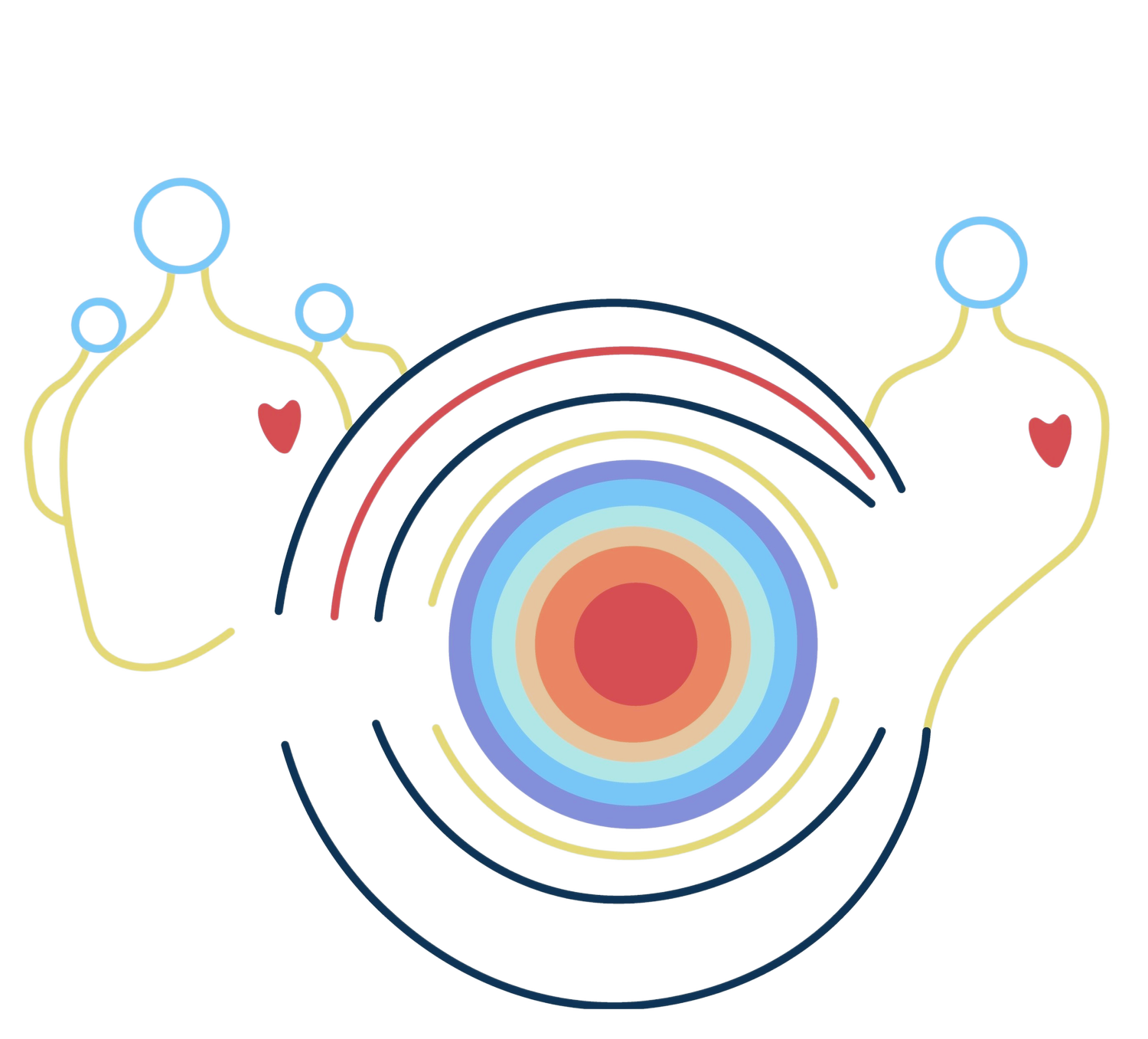
research projects
the placement project—
The Placement Project explores the perspectives of the many people who are affected when a young person is placed in out-of-home care. Using a case study approach, individuals with lived experience are interviewed about their placement experiences. These placed-people identify other people within their relationship networks who have important information and perspectives about their placement (e.g., family, friends, teachers, workers, neighbours, etc.). These stakeholders are also interviewed, with the hopes of creating a full picture of the placed person's journey through the child welfare placement system.
the whiteness project—
Building from ideas derived through the Child Welfare TRUTH-Telling Collective, we are growing in our awareness that systems of child welfare are designed to protect and maintain Whiteness. Whiteness is both a social identity, and an ideology that is embedded in our history, social norms, and institutions, like child welfare. It is multi-layered, ever-present, and elusive at the same time. Whiteness is often invisible to those who are privileged by it, as Whiteness attempts to operate discreetly so that it is perceived as the normal and default way of living in society and doing child welfare work. As workers, we may not be in the habit of questioning Whiteness in our everyday routines. This is dangerous to those who do not have White privilege because it is the source of White supremacy, oppression, and racism.
the archival project
—
Curious about what policies and legislation led to the development of the residential schools and the 60’s Scoop in Ontario, Canada? This project is dedicated to sifting through archival data, including (but not limited to): past and present legislation, organizational policies, government committee minutes, research collections, agency documents etc. We are compiling a data base. We are analyzing formal and informal decisions surrounding these atrocities. View a timeline of CW history HERE.
Over a seven year period, this project follows the lives of children and youth who went through the Family Finding process, and were placed in homes with families where permanent, lifelong relationships are intended. This project is uniquely focused on what children and youth say about their lives and their relationships since being ‘permanently’ placed. We are interested in expanding our knowledge of what this experience has been like for children and youth, and how the child welfare system can better support young people according to their self-identified needs and criticisms. This information is intended to help social workers, parents, and policy makers to become more responsive to the needs of children and youth.
the permanency project
—
the grandmothers project
—
Kinship care refers to the care provided by relatives or close family friends to children who are unable to live with their original parents. The kinship project(s) are opportunities to increase engagement, provide support for kin guardians and amplify the voice of kinship carers in marginalized communities across Canada. The goal of these projects is to create space for the voices of kinship guardians to flourish regarding the issues they face and their relationships with child welfare workers and or the child welfare system. Additionally, these projects aim to build knowledge among child welfare practitioners and policymakers.
The Black Grandmothers Providing Kinship Care is a pilot project which teaches us that kinship experiences are sensitive and complex in the face of a system grounded in White western ways. In the United States, African American grandmothers are more likely to provide kinship care than any other racial or ethnic group. However, Black grandmothers often face significant challenges in their roles as caregivers, including financial strain, social isolation, and limited access to resources and support.
Photovoice is a participatory research method that combines photography with storytelling to empower communities and individuals. In this Black grandmother kinship reach study, participants will use their cell phones to take photographs that represent their experiences as kinship caregivers. They will participate in group discussions where they share their photos and stories and engage in a dialogue about the challenges and joys of their role. Photovoice is grounded in the values of reciprocity, community development, and social resistance. This Photovoice project aims to empower Black grandmothers by providing guardianship by giving them a platform to share their stories and to advocate for policy changes. By raising awareness about the challenges Black grandmothers face and highlighting the strengths and resilience of these caregivers, we hope to inspire positive social change and create a more supportive and inclusive community for all. We aim to expand our research into other communities, using what we learn from this pilot. Meet the research team.
the finding our truth project
—
Harnessing the power of collective storytelling, six child welfare workers reflect on their experiences of doing child protection work to inform this project. Weaving together participant stories, theory and research, this collective autoethnography uncovers and wrestles with the deeper operations of the child welfare system. It identifies colonial coding located in the DNA of child welfare systems and the ways in which this coding frames our thinking and actions about what is desirable for families, children and communities, the mandate of child welfare systems within our political systems of government and the role of the child protection worker. By speaking and analyzing their truths, the participants confront their complicities with the underlying operational colonial codes (i.e., using separation to create ‘safety’, protecting Whiteness, and staying silent) in their everyday child welfare practices. They explore how these codes steadfastly anchor the dominant narratives, beliefs, and values of child protection to the imperatives of colonization. The purpose of this project is to grow our critical consciousness by creating space for truth-telling around everyday practices, unpacking the harm, and moving toward change and resistance in the everyday work.
